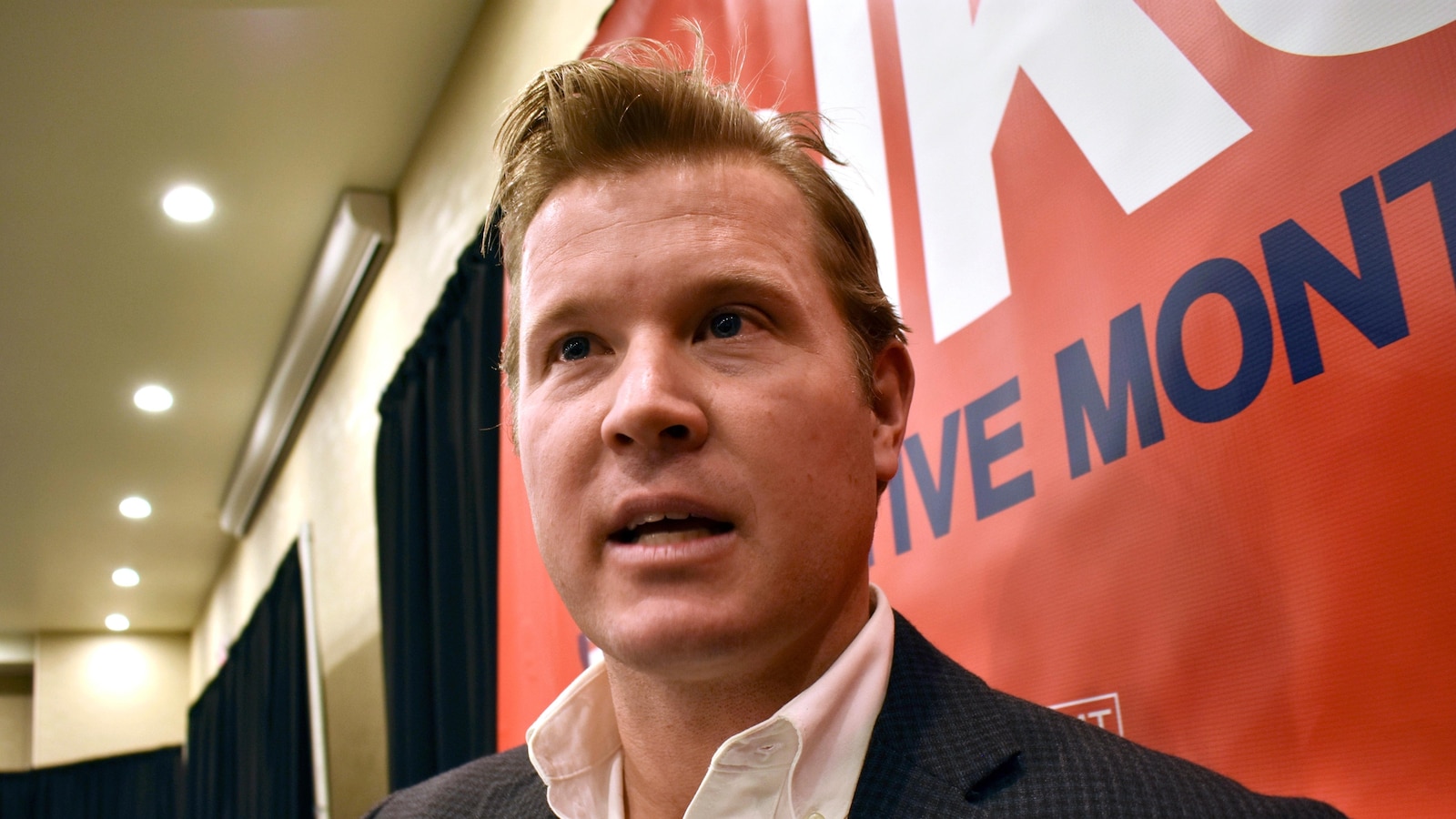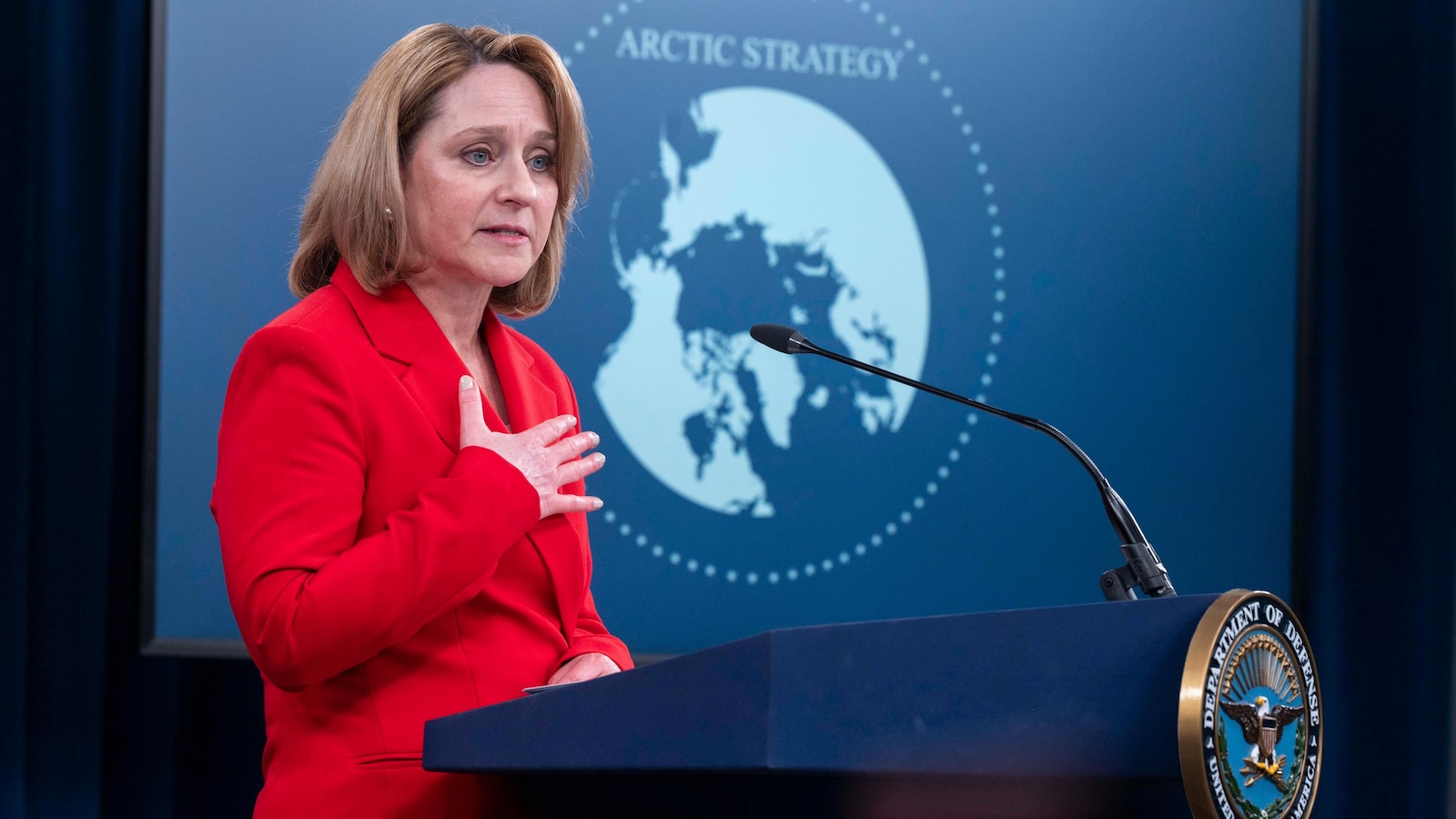[ad_1]
BILLINGS, Mont. — Republican U.S. Senate candidate Tim Sheehy embraced his status as an outsider who came to Montana to start a business as he sought on Sunday to fend off concerns over wealthy newcomers driving up property taxes during the first debate in a contest that could tip the balance of power in the Senate.
Democratic incumbent Sen. Jon Tester is considered one of the most vulnerable Democrats on the ballot and Sunday’s debate was the first time the two candidates have confronted each other publicly. Republicans need to gain just a couple seats in the November election to retake the Senate majority.
Tester declared Sheehy “part of the problem” amid a housing shortage and rising taxes for many Montana residents after home values increased in many areas.
“We’ve had a lot of folks move into this state, a lot of folks with thick wallets, a lot of folks that drive up the cost of housing,” Tester said. “Tim Sheehy is not part of the solution; he’s part of the problem.”
Sheehy blamed Democrats for the increasing economic pressures faced by many households. The 37-year-old political newcomer and former Navy SEAL said Tester and President Joe Biden were not doing enough to rein in inflation.
He also said he’d been glad to move to Montana in 2014 to raise a family and start an aerial firefighting business near Bozeman.
“If you’re not from here, Jon Tester doesn’t think your voice matters, apparently,” Sheehy said. “Creating jobs in this state was an honor for me to do.”
The exchange reflected the central role that fiscal and economic issues could play as Republicans try to topple Tester, 67, a farmer and former state lawmaker from the small town of Big Sandy. He’s seeking a fourth term in the Senate.
Many economic indicators remain positive in Montana and across the U.S., including growing job numbers and low unemployment. But ballooning property taxes along with rising costs for some goods and services are fueling political tensions with the potential to influence the election’s outcome.
Tester is considered a moderate in Washington — a status that’s helped him in the past to attract support from independent voters who make up a sizable portion of the Montana electorate. Yet Republicans have been on a roll during recent election cycles and now control every statewide office in Montana except for Tester’s.
Sheehy has repeatedly tried to lump in Tester with President Joe Biden amid widespread public dissatisfaction over the administration’s struggles to stem illegal immigration on the southern border. Biden last week announced tighter restrictions on asylum seekers entering the U.S.
“They’re trying to fool us to say, ‘We’re going to solve it,’” Sheehy said. He derided as “political theater” an immigration bill from Democrats that was blocked by Republican lawmakers.
“It’s time to shut it down,” he added about the border.
Tester acknowledged more needs to be done about immigration and said Biden’s move on asylum should have been done earlier. He also emphasized his success in passing legislation to help veterans exposed to toxic burn pits work and to stimulate U.S. production of computer chips.
“I work across the aisle to get things done,” he said.
The candidates also clashed on abortion. Sheehy said he was against the medical procedure with exceptions to save the mother’s life or in cases of rape or incest.
Tester countered that it should be up to women and their families “in consultation with her minister and her doctor.”
A proposed initiative that would add abortion rights to the state Constitution could further elevate the abortion issue in Montana if supporters gather enough signatures to get it on the ballot. The proposal comes after the U.S. Supreme Court in 2022 stripped away abortion protections at the national level.
Sheehy has invested more than $2 million of his own money into the campaign and received almost $11 million in donations. With a household net worth of between $72.9 million and $255.9 million, he has the ability to tap into far more.
Tester has reported raising $37 million. Outside groups have poured in tens of millions of dollars more on both sides.



